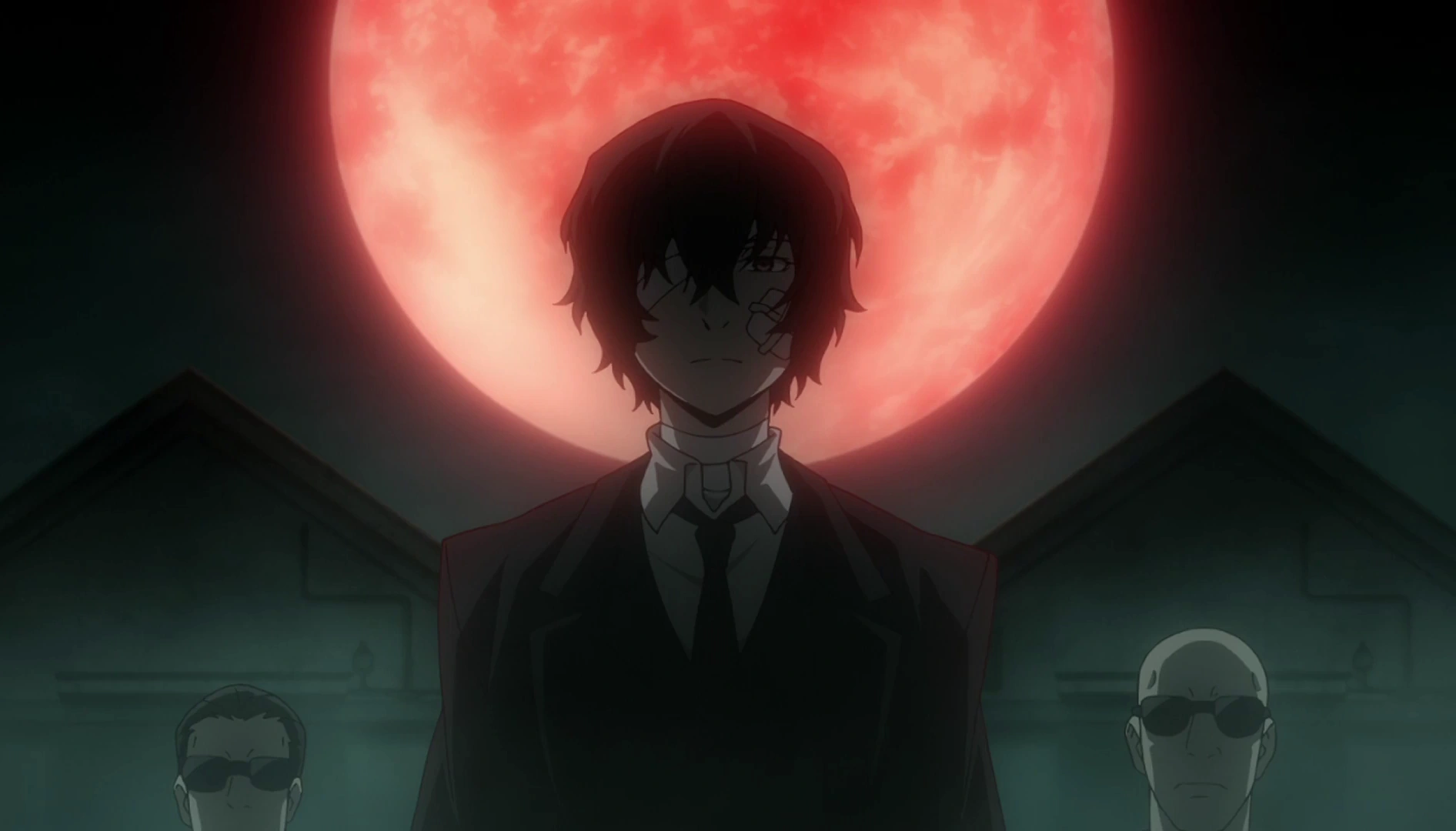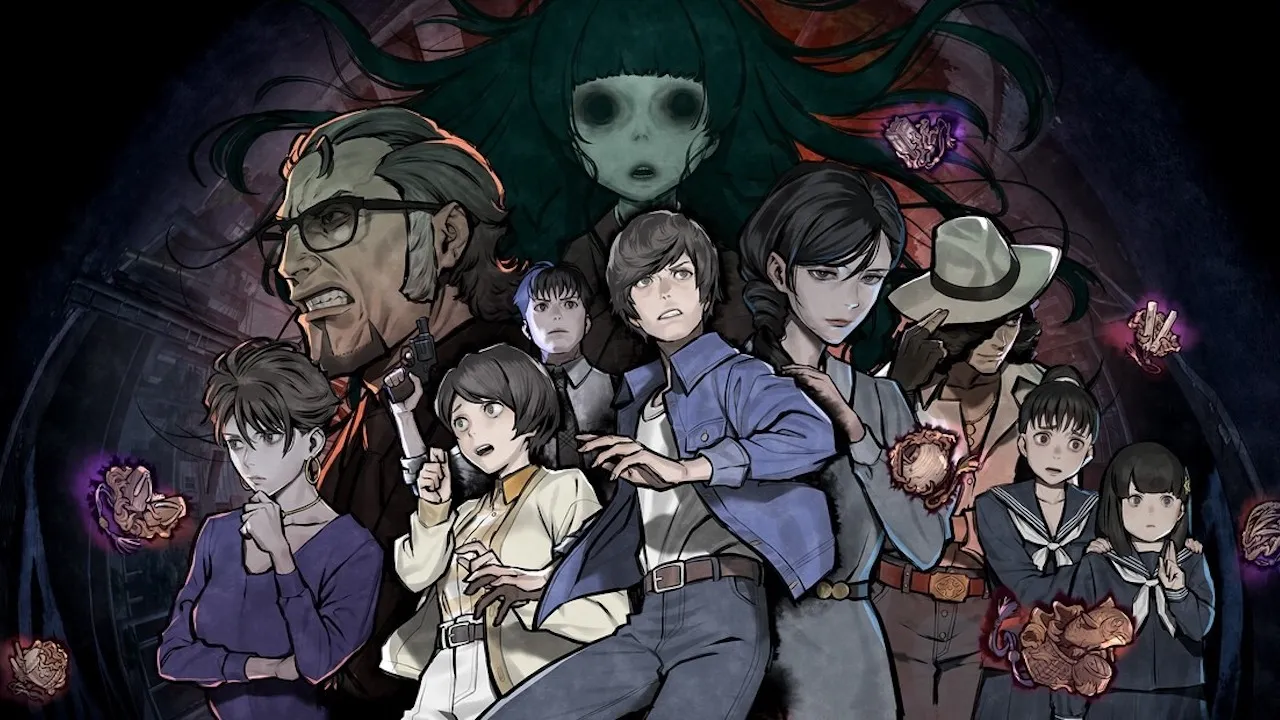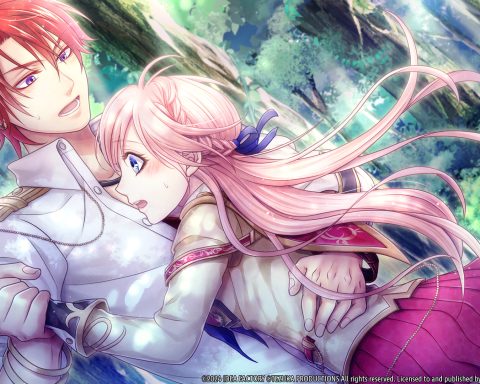Loneliness is a theme that has threaded its way through a great body of Japanese literature over the past 120+ years. It’s something that has been explored by the country’s greatest writers in several ways, showing it as a result of subjects as varied as fractured psyches, troubled marriages, and a society in despair. It almost seems given that a country that has been through the extent of change that Japan has over that timeframe would naturally end up with some major sociocultural and economic rifts that would result in some feeling isolated and lonely. However, the evolving nature of the country has also brought about an extraordinary body of work, and one that seems certain to stand the test of time.
From Japan’s greatest
One of the most notable Japanese novels of the early 20th century is Natsume Soseki’s Kokoro (1914), and it deals with loneliness as its central theme. The protagonist is a student who seems to be searching for a sense of purpose, and ends up fixating on a man he calls “Sensei”. He expects that Sensei will provide him with wisdom, but it becomes clear that Sensei has problems of his own. The older man’s issues stem from his past and the codes of honour guiding people in his time, yet also from issues many will recognise from youth: jealous lust and meaning-seeking. Its message seems to be that veneration of the past is a fool’s errand; only superficial things change between the generations.
This might be a shock to readers that may have expected the Japanese art scene to be more circumspect in looking at the differences between old and new as Japan was still very much in the process of opening up to the world at that point, but it seems Soseki, who spent time in the west, had the perspective to see that circumstances change more than people do.
A close read into the subsequent hundred years of Japanese literature is a reminder that the country did not simply blossom into self-awareness post-World War Two. There is continuous, scathing evidence of a society reckoning with itself, and isolation and alienation were common consequences of this. Some Prefer Nettles (1929) is a masterpiece of subtlety by Jun’ichiro Tanizaki that questions the costs of tradition to the soul.
This particular story looks at a couple wanting to divorce but unable to commit, the uncertain freedom of a life outside of tradition not winning out against the security of conventions. Living inside and outside of society’s bounds both offer loneliness, and the bleak suggestion is that at least staying within the rules tends to win out with the comfort of shared entrapment.
Dazai and Mishima: Very different men, very similar themes
WW2’s conclusion brought a shift in literature across the globe, which largely meant diving into the darker corners of society – including showing the people left on the fringes. This is something that Japanese literature had done for a long time, though its major works emphasised the struggles of straight men. Yukio Mishima boldly brought gay themes into the fold: his debut novel, Confessions of a Mask, was released as early as 1949 and dared to focus on a man’s confusing urges towards other men. The writer also had an incredibly nationalistic political ideology, and reinforced an atmosphere of loneliness and isolation, with characters who are obsessively devoted to their ideals to the detriment of their ability to move around in society. His complex inner life is a testament to the fact that much lies beneath Japan’s almost stereotypical surface layer of propriety.
Perhaps one of the most searing works about loneliness came out just after the war’s end, and it still remains staggering for a modern reader. No Longer Human (1948) is the most famous work by Osamu Dazai, and is intensely bleak thanks to an unremitting look at the character’s life and thoughts. In some ways, the story’s personal approach makes it feel distanced from the canon of its country’s literature, as this is not directly concerned with the specifics of living in Japan. The absence of society’s role, though, becomes an insightful commentary on the nature of that same society. This book shows the traumatic results of expecting people to present pleasant surfaces without caring for the depths beyond.
A deeply unfortunate fact is that many of the authors who wrote about such suffering drew upon their own torment, and a surprising number of contemporaries took their own lives. Osamu Daizai, Ryunosuke Akutagawa, Yukio Mishima, and Yasunari Kawabata were just some of the most recognised authors who went down this path. It seems surprising as a western reader to hear that so many great writers ended their lives this way, and it’s something that is particular to Japanese society – or at least averse to the historic Christian value of suicide as sin. Suicide has often been linked to maintaining honour in the face of shame, making it all too tempting for people who can’t see a place for themselves in the world. There’s a deep injustice in that: the same society that breeds loneliness creates room for people to give up their lives to it.
Loneliness is a weighty issue with potentially life-or-death consequences, yet pressures on women were largely ignored throughout the 20th century. This didn’t change for the better with Haruki Murakami coming to the fore in 1980s, putting emotionally stunted men at the centre of his massively successful books. The approach taken by Murakami has been to take the complexity and moral ugliness found in No Longer Human but make it more palatable for a general readership. This means that his stories look at the ennui of the urban man, but rarely without some surreal detours and a trite message about becoming more interested in other people. He represents light, entertaining, and conservative work that argues for a less solipsistic status quo – but doesn’t argue for the reader to think about what makes people both so lonely and so self-interested.
The loneliness of feminism
Ryu Murakami, however, is perhaps a more insightful sharer of that family name, as he delves into the horror that pushes people into lonely states of being. Audition (1997) is one of his most successful works, and a better-known film adaptation was made thanks to such great material. It’s a story that has a seemingly kindly man use his connections to “audition” for a girlfriend, but ultimately gets more than he bargains for in horrific ways. Both characters are lonely, one because of her mistreatment at the hands of men – and the other because he sees women as wish fulfilment. It’s a feminist tale that pulls no punches, and forces readers to consider the part that they play in encouraging society’s worst tendencies. It’s a witty counterpoint to around 100 years of work that calmly contemplates the damage society inflicts.
Banana Yoshimoto arrived on the scene at a similar time to Ryu Murakami, and managed to similarly make waves internationally because of her fresh perspectives. Goodbye, Tsugumi (1989) is perhaps most worthy of recognition, as it’s a novella that explores the underseen realm of friendship between girls. Women have had plenty of portrayals in literature, though often as pitiable and long-suffering. Goodbye, Tsugumi does have a certain amount of miserable reality, but it also portrays joy and shared experience. Putting such experiences onto paper is a rejection of loneliness experienced in times past, and a clarion call to a different, independent future.
Kitchen (1988) is interested in the sense of community provided by found families. Its protagonist is someone who is alone after losing her grandmother, and is kindly taken in by a friend and his parent. His parent is a trans woman, someone who is presented to the reader with a level of admiration – and who helps to make the main character feel part of something once again. This is a big shift away from the struggles in more traditional family setups of earlier stories. It’s separate, too, from the trends of literature a couple decades later. There aren’t many cisgender writers, for instance, bold enough to write about different communities merging together.
Thankfully, at least, women writers are starting to be seen more in Japanese literature, and they continue to give voice to the struggles being faced by women. Mieko Kawakami is one such writer and of the most significant fiction writers in Japan for western readers, with several of her novels from across the years now just being translated. Her work is partly gaining traction because of an increased, active desire to read things other than those produced by men. The main reason it is seeing such success, though, is that she’s tapping into struggles that women have faced for years but haven’t seen put forward with such clarity. She brings a hopefulness to bear, too, that is hard to find in the cynical observations of those previously writing about ostracisation.
All The Lovers In The Night (2011) is the greatest of the three novels that have been published in English of Kawakami’s, bravely presenting a woman’s private struggles with such honesty that anyone might connect with them. The protagonist doesn’t have any significant connections to anyone, and feels unable to be upfront about her feelings. Romance factors into the story as the title suggests but so, too, does a growing dependence on alcohol. The most important part of the story, though, is that there isn’t a clear happy ending or defining confrontation, and there is instead increased self-acceptance. The story offers hope for finding our own way through the pressures put upon us by society, and this is something that most of its predecessors haven’t done.
All of these novels, though, have something different to say about what loneliness means and where it comes from. There’s no doubt that there’s plenty of consideration around how Japanese society causes people to become isolated from each other and their own needs. This doesn’t mean, though, that the books aren’t understandable to readers outside of the specific contexts. Most of these novels, in fact, feel utterly modern because of their precise looks at the minutiae of how people interact, and all the small things that make people feel alone. We’re in a century where the shifting relationships between nations, families, and genders have the potential to leave people feeling cut off. These works offer a magnificent starting point for figuring out how to keep a sense of self amidst all the dynamic change.
Note: This article was originally published in the June 2022 issue of the Dee Dee Zine. As we are no longer publishing that magazine we have republished this article here for your reading pleasure.












